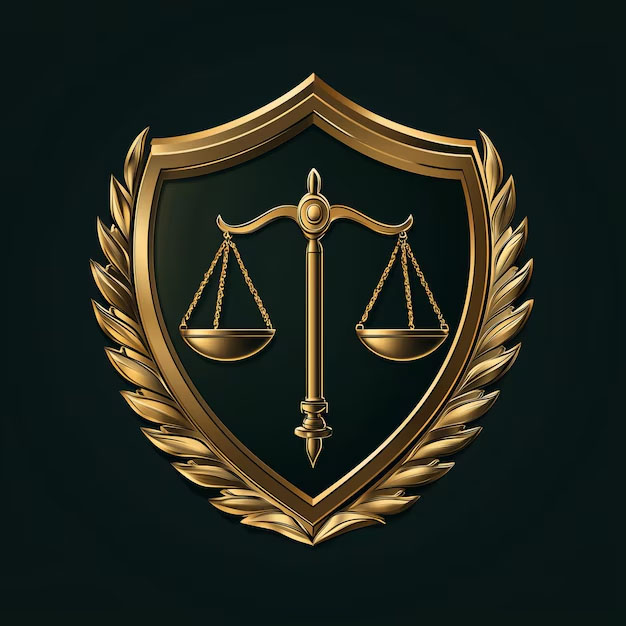The Power of Internet Culture in Corporate Lawsuits
With the advent of the internet, courtrooms are not the sole arena where corporate law suits unfold. The rise of internet culture — memes, viral TikTok clips, Reddit discussions, influencer chatter — brought a new, fickle factor into the art and practice of brawling and interpreting legal controversies. Public opinion is no longer restricted to op-eds and news analysis; it now erupts like a fire on timelines, often making or breaking brand identities faster than the courts.
This is how new online culture is transforming the field of business litigations.
1. From Legal Complaints to Viral Content
The legal details of a lawsuit may be dry, but once the internet gets a hold of them, they become meme-worthy content. For instance, TikTok influencer Cierra Mistt’s viral joke about suing PepsiCo over the name “Sierra Mist” exploded online. Despite being satire, it sparked genuine curiosity about Pepsi’s rebranding to "Starry" — and the company never quite escaped the PR storm.
Takeaway: Virality doesn't demand factuality — it just demands attention. Even false statements can coerce brands into responding or explaining quickly.
2. The Meme-ification of Corporate Defendants
As soon as a brand gets meme treatment, public perception can shift in unexpected ways. Take Elon Musk's many lawsuits — whether justified or not, the internet loves to depict him as a tech villain or genius based on meme storytelling. Internet culture thrives on reducing complexity into symbols, and companies can be the villain, hero, or punchline overnight based on how users re-mix the story.
Takeaway: Legal nicety gets lost online a lot — but meme labels stick around.
3. Reddit and the Rise of Community-Narratives
Online forums such as Reddit's r/legaladvice, r/business, or r/antiwork disassemble lawsuits in real time. In certain cases, these threads expose whistleblowing content, leaked memos, or consumer complaints to the world well before the news media is hot on the story. Think GameStop stock soap opera or recent tech and pharma class action lawsuits — Reddit fueled public debate.
Takeaway: Online communities are writing the first draft of legal history.
4. Cancel Culture Meets the Courtroom
Internet backlash can accelerate proceedings in court. Brands taken to court are normally pre-judged by society. That was the case of Balenciaga, among other brands, that was publicly judged and went viral even before the official investigations began. The result? Legal strategy now needs to include reputation damage control on social media.
Takeaway: Brands now need to defend themselves twice over — in courts and on social media.
5. Influencers as Legal Amplifiers
Influencers are the de facto legal pundits. Whether a YouTuber explaining a lawsuit or a TikTok influencer reenacting a courtroom, they have their voices heard by millions — often beating traditional media. Their version of events (for or against a brand) can influence the public's thinking greatly.
Takeaway: Online creators determine what legal issues are interpreted by a mass audience, especially Gen Z.
6. Legal Branding in the Digital Era
Businesses are now understanding that legal cases require PR strategies just like legal strategies. From worded releases to tweets, brands like Apple, Netflix, or Meta now design legal communications for online reading — short, plain, and meme-proof.
Takeaway: Legal replies must now be screen-optimized, not court-optimized.
Final Thoughts
The impact of web culture on business lawsuits cannot be overstated. It blurs fact and fiction, legal and emotional truth, and provides the public ringside seating to corporate intrigue — now condensed to 15 seconds on TikTok or a trending tweet. For brands, the new rule is straightforward: win the lawsuit if you can, but under no circumstances lose the story in the digital space.
